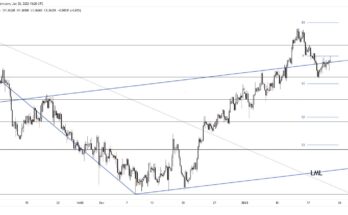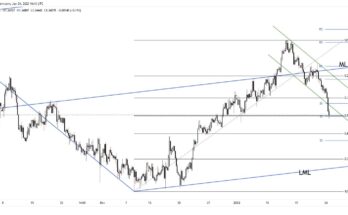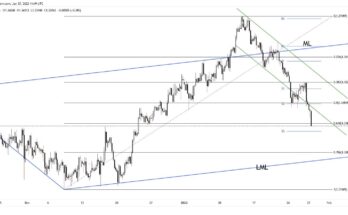Following OPEC’s announcement yesterday to maintain its production target of 30 million barrels a day, oil prices have collapsed over 6% with WTI below $70 and Brent to $73. The repercussion of its decision is wide – by not cutting production to provide price stability, it fuels pressure for other oil producers such as the US. The impact to currency markets were clear with the greenback building on its recent upside momentum while leaving commodity currencies weak.
The implication to inflation and by extension – central bank policy, cannot be ignored. For countries such as Japan and the eurozone battling deflation, central banks will find it challenging to look pass declining oil prices as temporary should inflation continue its downtrend and consumer spending remain weak.  In the case of Japan, who is a large energy importer, lower oil prices is considered positive in terms of growth. However, the pressure on inflation complicates the Bank of Japan’s efforts to stoke inflation as it slowed for a third consecutive month to 2.9% from a year earlier in October.
Equity markets traded in negative territory on Friday following five days of gains as energy stocks tumbled with the oil and gas sector declining 4.5%. The only silver lining belonged to airlines as a decrease in jet fuel will improve operating costs and boost profits, with Air France and Lufthansa climbing 4.8% and 3.6% respectively. In fundamental data, the euro received support from German retail sales which rose 1.3%, and offset dismal consumer spending of -0.9% from France and a further deterioration in unemployment in Italy, reaching a record high of 13.2%.
Inflation for the euro-zone reached a five year low of 0.3% on headline and is well below the target set by the ECB of 2.0%. Although the ECB is likely to maintain its course at its meeting next week, ECB Vice President Vitor Constancio affirmed yesterday that the central bank is prepared for further bond purchases early next year should it be warranted.
The pound has been unable to sustain a concerted rally above the 1.5700 handle and will seek further direction from market cues with the lack of major economic releases today. UK consumer confidence was unchanged in November at -2, according to GfK and is at levels not seen since 2013. With the election looming in May, coupled with headwinds from Europe, this sluggishness may persist.
As we head into the North American session, light volume is anticipated as markets will close early and no significant reports or data releases are on the docket for the US today. Black Friday will take center stage as expectations run high for sales to climb amid a backdrop of a stronger US economy and will impart clues on the health of the consumer.
North of the border, Canada posted a strong GDP print for the third quarter at 2.8% on an annualized basis, compared to the estimated 2.1%. In other data released, industrial product price for October came in at -0.5% and Raw material price index for the same month posted a decline of 4.3%, both missing estimates. In the short term, the driving force for the Canadian dollar will be the price of oil as it weighs on trade, economic growth and inflation pressures and the pair of USD/CAD could test year-to-date highs of 1.1467.
In our latest podcast, we talk about holiday trading, run through the US situation, talk about the elections and the BOE and analyze China’s rate cut:
Download it directly here.
Subscribe to our podcast on iTunes.



